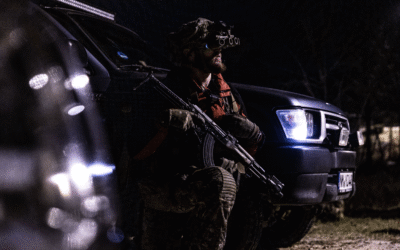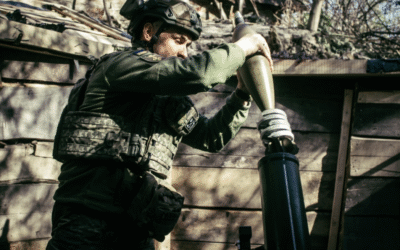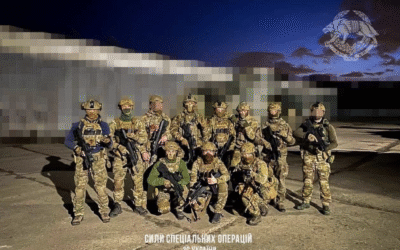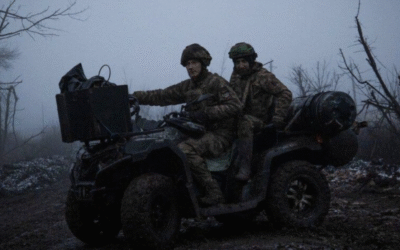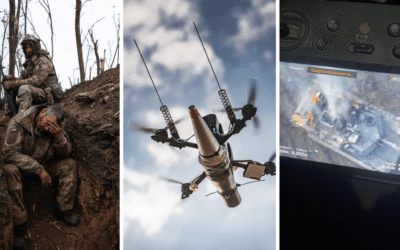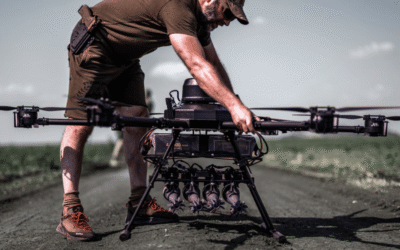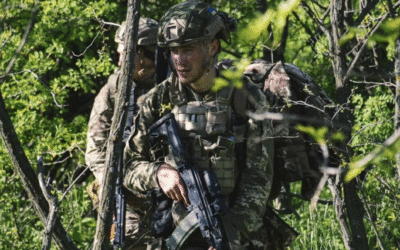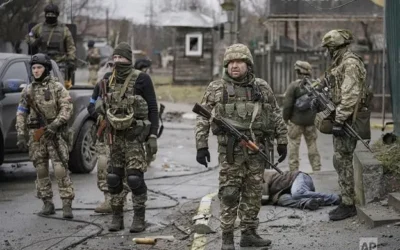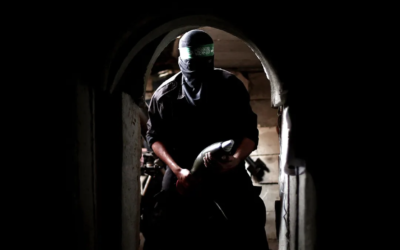Media
Media
Battle Below ↑
5:42min
Megacities ↑
5:04min
The Air Domain ↑
0:16 Sec
Subterranean ↑
0:12 Sec
Last Year’s Panel Recording ↑
1hr 12min
Ukraine Lessons for SOF in Large Scale Combat Operations – Training and Preparation
Ukraine Lessons for SOF in Large Scale Combat Operations – Training and Preparation
Ukrainian SOF relies heavily on UAS and as mentioned above, UAS is often the main effort for direct action operations. All USSOF operators should be able to operate any organic UAS. The ability to put into operation, troubleshoot, and fly a drone should be as ubiquitous as operating a radio or shooting skills. Air, ground, and sea drones, now and in the future, will serve many purposes on a SOF team to include reconnaissance, kinetic operations, antiarmor, breaching, and logistics. A universal understanding and comfort with using them are important. SOF already relies on stealth, intelligence, and technology to overcome deficits in manpower and firepower. Drones will be a natural extension of these principles.
Ukraine Lessons for SOF in Large Scale Combat Operations – Fires, Unmanned Systems, and Intelligence
Ukraine Lessons for SOF in Large Scale Combat Operations – Fires, Unmanned Systems, and Intelligence
Artillery at the beginning of the Russian Special Military Operation was the king of battle and most casualty producing weapons system until early 2024 when it was overtaken by UAS by a wide-margin. Both sides are using UAS for multiple roles substituting capabilities traditionally done by different occupational specialties or units. Clearing trenches, creating breach lanes, first person view (FPV) ambushes, close quarters battle to clear rooms, and AFU SOF operations outside of artillery support range, will utilize kinetic UAS in place of artillery. We have not observed SOF units utilizing mortars. The AFU is burning out 155mm artillery barrels at an alarming rate. Some observers state that it is due to the high use and others say it is because they are being fired at “max charge” to avoid counter battery fire.
Ukraine Lessons for SOF in Large Scale Combat Operations – Planning and Maneuver Operations
Ukraine Lessons for SOF in Large Scale Combat Operations – Planning and Maneuver Operations
“We have to cancel tonight’s training mission.” The Ukrainian company commander of the unit we were instructing told us late in the afternoon. We were speechless. We had been planning this culminating exercise for two weeks. I asked why and he said the buses to take the company to Bakhmut arrive in the morning. Fast forward a month and we received a text from a SOF company commander we had trained who was sitting in a trench in Bakhmut. He asked if we had an English translation of a French/German Milan anti-armor weapon instructions manual. He had received the weapon with a manual in French and his internet coverage was spotty when he tried to look it up on YouTube. Such are the challenges training and advising partner forces in Ukraine.
Ukraine: The Revolution in Warfare That the U.S. Army Is Not Prepared For – Part III
Ukraine: The Revolution in Warfare That the U.S. Army Is Not Prepared For – Part III
Ukraine is in an artillery war. The king of battle was the largest casualty producer for both sides and is unlike anything any Western military has seen since the Korean War or World War II (according to Lieutenant General Oleksandr Pavliuk, head of Ukraine’s ground forces, drones now kill more soldiers than artillery).1 The heavy use of fires coupled with modern technology has made artillery a game changer on the battlefield. Both the AFU and Russian forces use unmanned aerial systems (UAS) as mobile forward observation posts and their accuracy and response times have progressively gotten better over the course of the war.2 The increased use of AI has also increased the lethality of accuracy of all unmanned systems.
Ukraine: The Revolution in Warfare That the U.S. Army Is Not Prepared For – Part II
Ukraine: The Revolution in Warfare That the U.S. Army Is Not Prepared For – Part II
The days of division, brigade, and battalion movements are not over, but will be less and less in an environment where any large-scale troop movements are an easy target with very accurate fires as well as constant drone surveillance, and the addition of terrain and obstacles that constrict large scale movement. Any future conflicts in Asia, especially on islands such as Taiwan, will not be conducive to large-scale maneuver. The topography of Taiwan is mountainous and channelizing. Most of the interior avenues of approach are mountainous roads; not open expanses for large scale tank formations. Also, future conflicts will inevitably take place in large megacities; they are unavoidable as centers of gravity. Large scale movements are not possible there.
Ukraine: The Revolution in Warfare That the U.S. Army Is Not Prepared For – Part I
Ukraine: The Revolution in Warfare That the U.S. Army Is Not Prepared For – Part I
A column of four Ukrainian Army Bradley Fighting Vehicles near Zaporizhzhia were moving in formation like ‘ducks in a row’ when the lead vehicle hit a mine, resulting in a mobility kill.1 The following vehicles quickly scattered, but the second Bradley also struck a mine. The remaining armored vehicles attempted to turn around, but were immediately targeted by armed drones and artillery fire, with observers directing the strikes from drones. Ukrainian soldiers, having dismounted from their Bradleys, were left vulnerable; many fell victim to antipersonnel mines or were killed in the subsequent artillery barrage.
The Unmanned Systems Fight in Ukraine: The Not So Quiet Revolution
The Unmanned Systems Fight in Ukraine: The Not So Quiet Revolution
Dr. Stacie Pettyjohn, in a recent white paper entitled “Evolution Not Revolution, Drone Warfare in Russia’s 2022 Invasion of Ukraine,” which has been widely distributed throughout the U.S. Air Force, states that the widespread introduction of unmanned aerial systems (UAS) throughout Ukraine is not a revolution, but a part of an evolution in warfare. I have spent the past two years in Ukraine training and advising the Armed Forces of Ukraine and can unequivocally state that the introduction of unmanned systems to include air, ground, and surface is a revolution.
The U.S. Is in a New Cold War: Whether It Wants to Be or Not
The U.S. Is in a New Cold War: Whether It Wants to Be or Not
What would we do when Russia used nuclear weapons in Ukraine? My organization was training a Ukrainian special operations unit in the fall of 2022, when one my instructors approached me and asked the question that had been bothering him. Would we evacuate? If so, where?
What the Ukrainian Armed Forces Need to Do to Win
WAR ON THE ROCKS
Our instructors were training a Ukrainian national guard unit near the Moldovan border. When we arrived at the range, a Ukrainian unit was already on the range throwing hand grenades in an open field less than 200 meters from us, then just dropping to the ground and watching them explode without any cover.
“5 Minute Salute” with Chris DeRuyter of National Center for Urban Operations
BUZZ ON VETERANS
Each week on “5 Minute Salute” our host Chris Budihas talks to veterans making a difference in their communities. Today, Chris has the honor to speak with Chris DeRuyter of National Center for Urban Operations.
Future of Urban Warfare
by
Urbanization is drastically altering the global population distribution. With over half of the world’s growing population residing in cities, future combat will likely occur in these urban environments.
In Gaza’s Tunnels, ‘You Can Lose Sense Of Direction. You Can Really Freak Out.’
Jeremy Bogaisky Forbes Staff Military experts map out Israel’s unique challenges in fighting Hamas underground.
Photo: A file image from 2014 shows an armed member of the military wing of Hamas deployed at a tunnel under Gaza City. MUSTAFA HASSONA/ANADOLU AGENCY/GETTY IMAGES
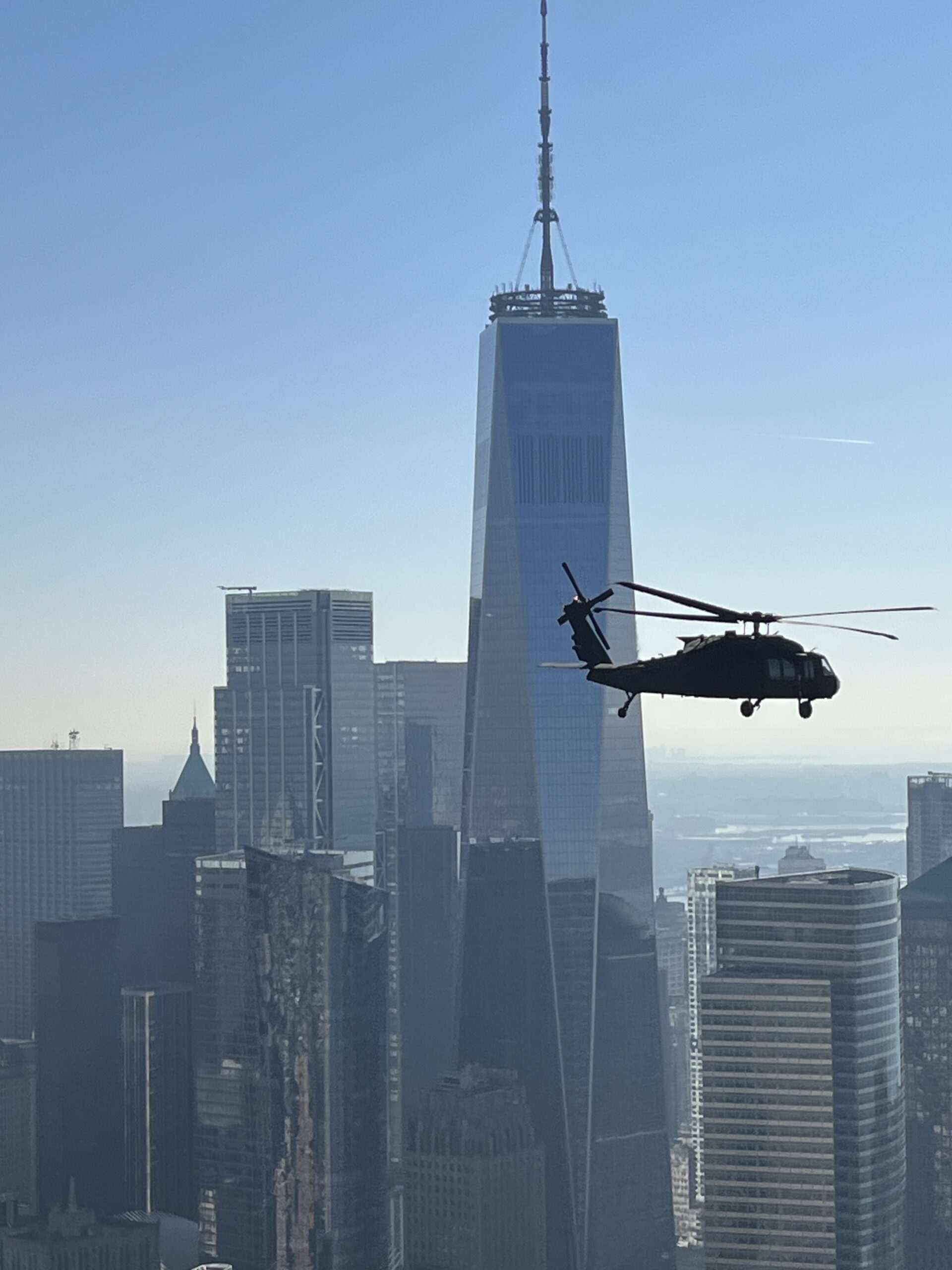

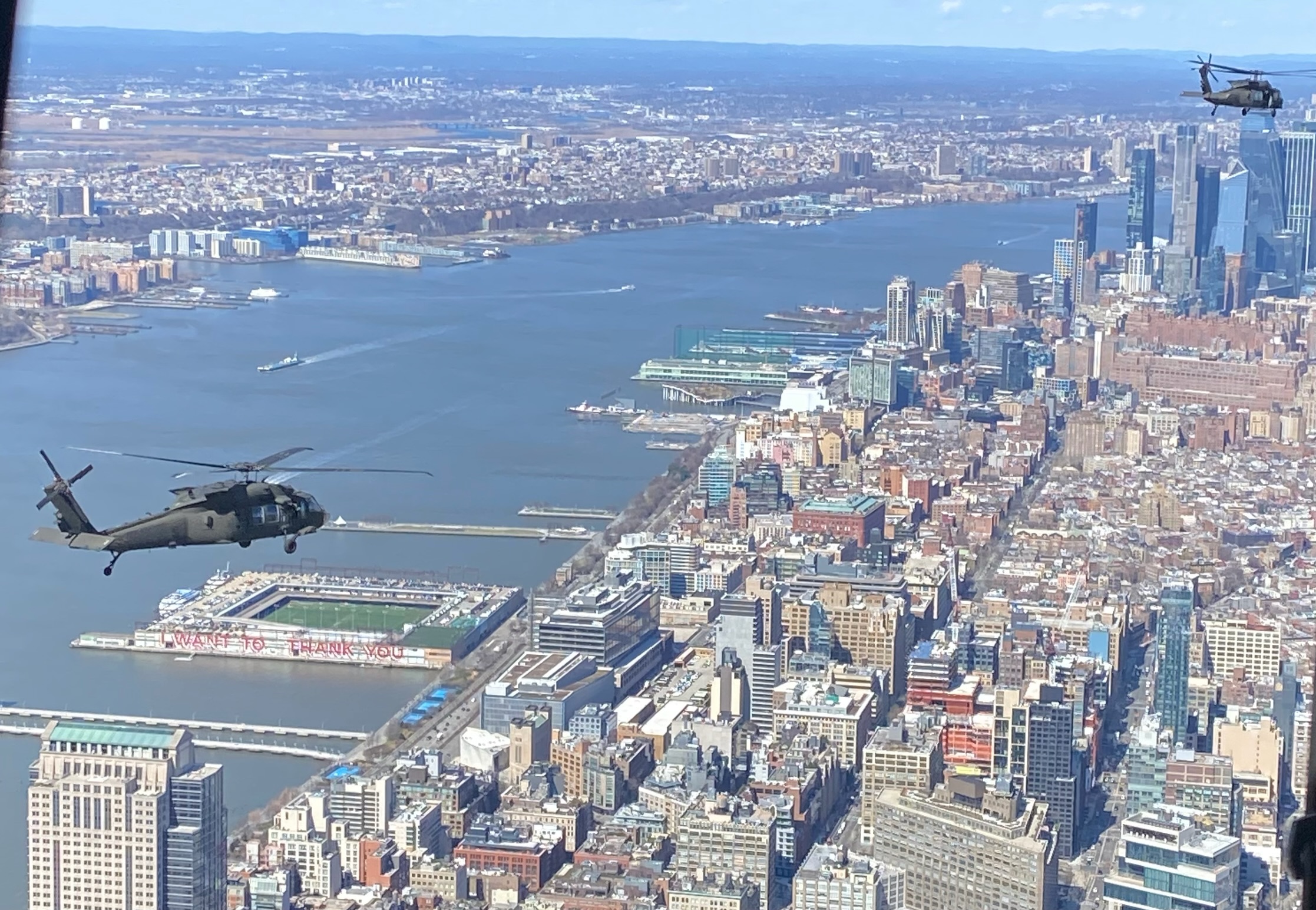
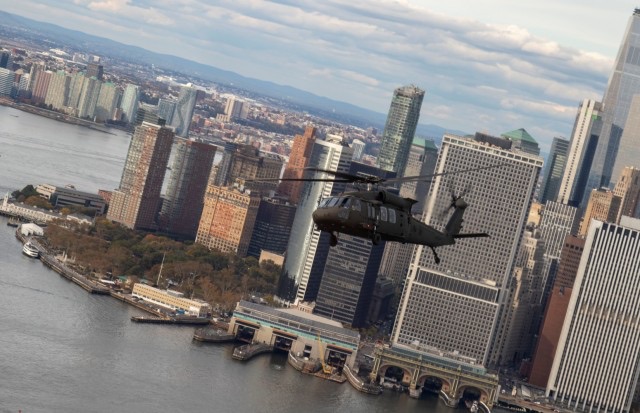

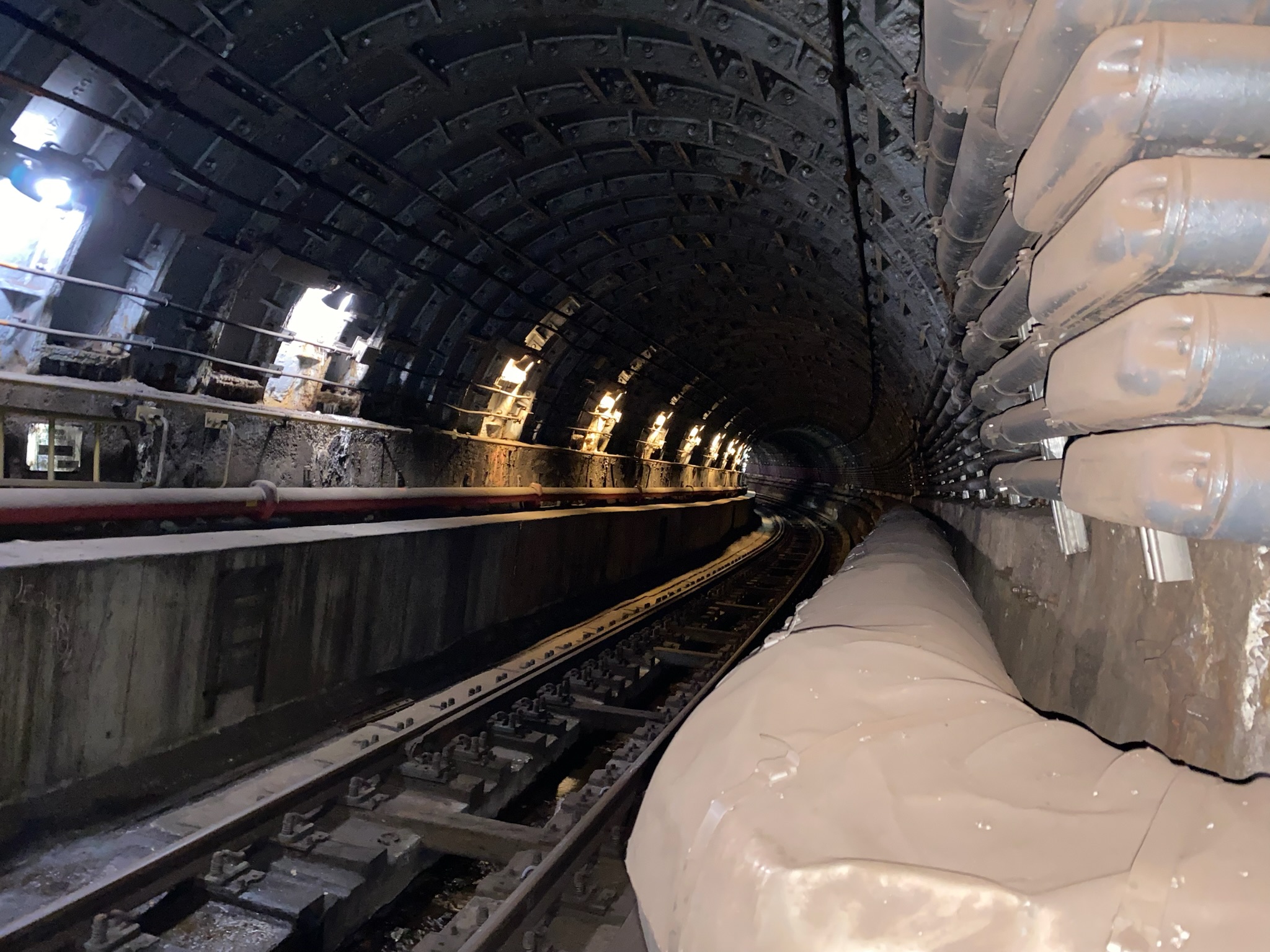


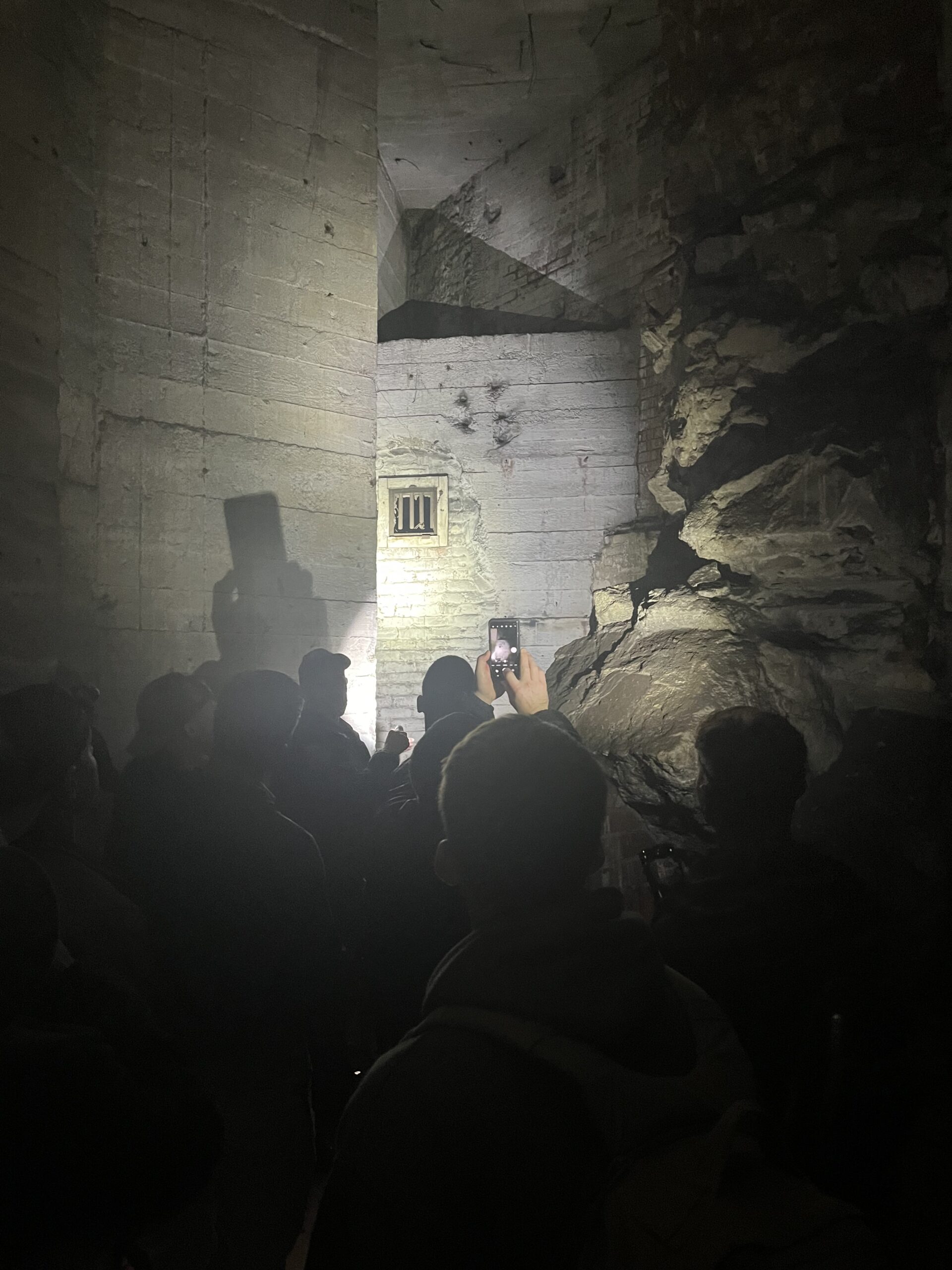
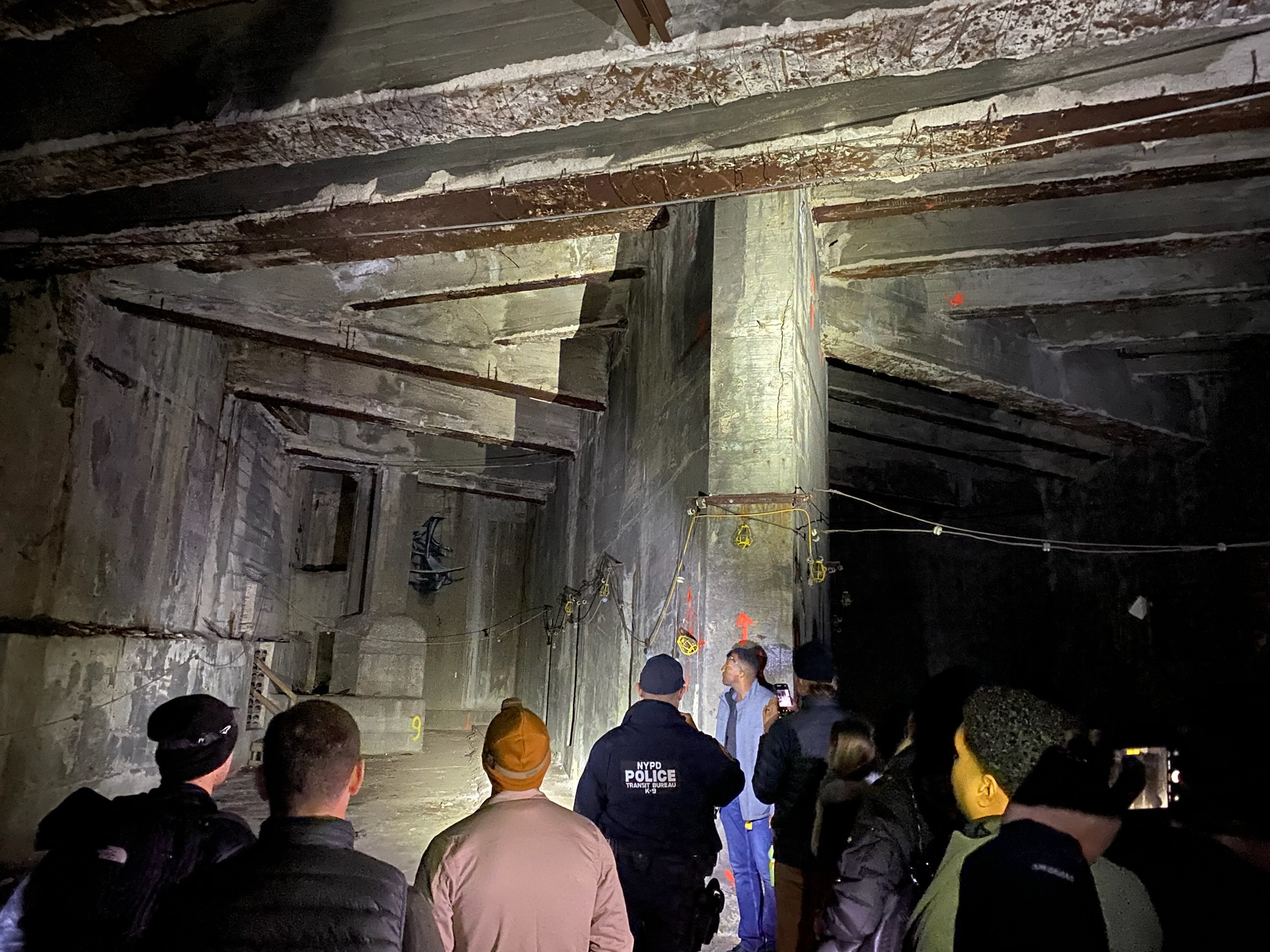

© COPYRIGHT 2024 NATIONAL CENTER FOR URBAN OPERATIONS
© COPYRIGHT 2024 NATIONAL CENTER
FOR URBAN OPERATIONS

